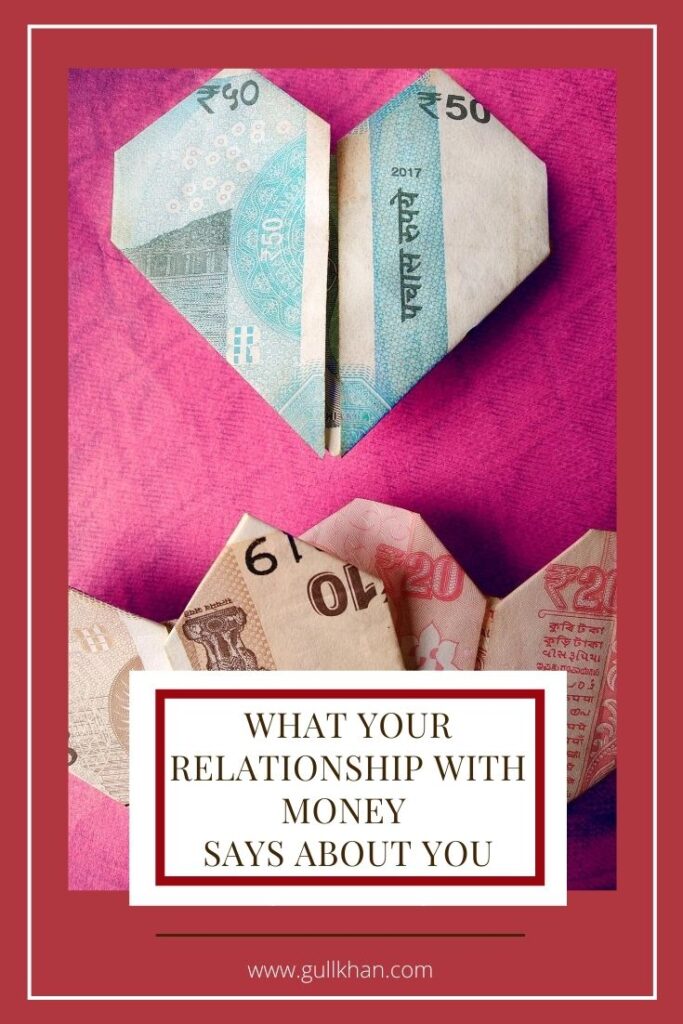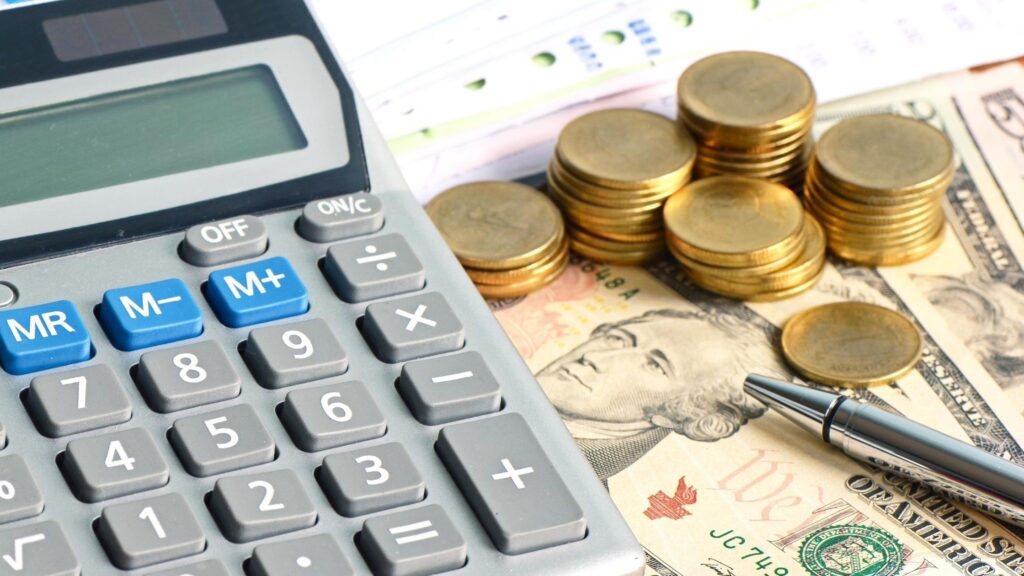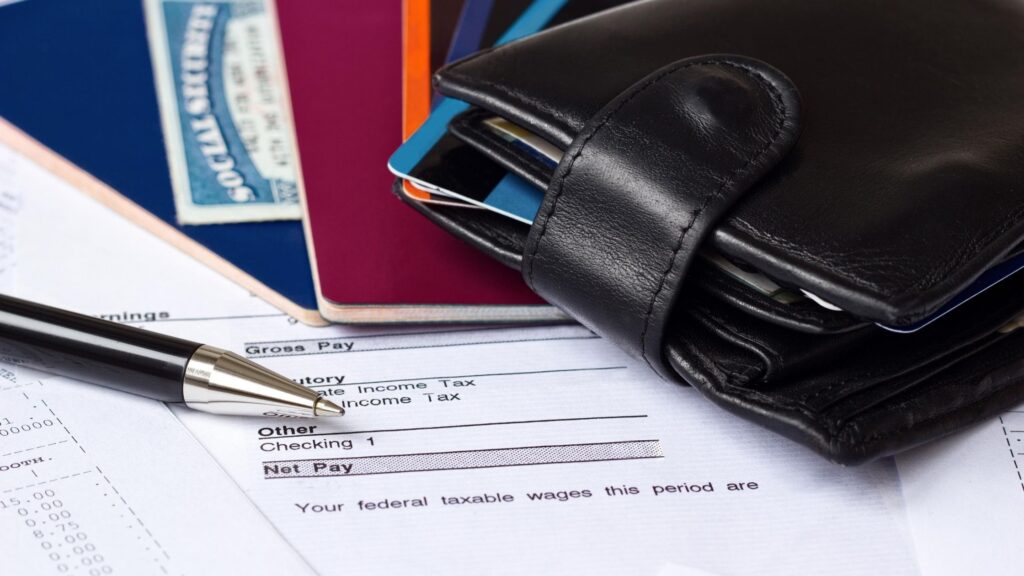Your relationship with money dictates how much of it you can attract.
In my previous blog, we talked about the universal laws of money. We talked about the truths about money and how you create it.
This time, we’re talking about your relationship with money and how you can make it better.
So let’s get it started.

Understanding your relationship with money
You can’t understand something you’re not aware of. That’s why you must know what your mindset around money is all about.
But first, let me tell you another truth. Unlike common beliefs, money is neither evil nor good.
Money is neutral.
And that’s the whole truth.
See, society has given us the idea that money is the root of all evil. Many people use the money to fund evil things.
Some use it to hurt people. Others are driven to do bad things because of their desire for money.
But in reality, it also goes the other way.

People also use the money to be a blessing to others. We feed the hungry and share it with the poor.
We help out people in need and support schools, businesses, and other causes.
One problem we all do is we attach too many emotions to money. And this heavily affects how we respond to it when we finally have it.
But come to think of it, money is a currency that we use in exchange for the value and energy we provide.
And it’s just that.
The problem is, most of us attach a specific emotion to money. Because of this, we create blocks that stop us from having a good experience with money.
That’s what I’m here for.
My goal is to help you create a better relationship with money. And the first thing you should know is that you have the power to change it.
Your circle of influence and your relationship with money
Psychology Today says how you respond to money is the sum of all your experiences.
Your money mindset is the result of years of conditioning from other people’s traumas and beliefs around money.
From zero to seven years old, your parents and family members have taught you how you should think about money.
You’ve seen it in your parent’s relationship. You’ve seen it during family gatherings and events.
You’ve seen how competitive aunts get every time they compare their children’s lives to others in the family. Or how they talk about the places they’ve traveled to and the new purchases they have.
You’ve probably heard your parents fight over expenses or worry about how to pay for debt.
You’ve probably witnessed your mom’s cousin crying during one of their visits asking for a loan.
Your views about abundance and how you create money is also affected by the circles outside your family.

Society has taught us that people with money, position, and power have better opportunities.
Religion has taught us that wanting money is the source of all evil. Wanting money leads to greed and injustice.
That’s what we hear all the time in the news and other media.
We are also taught to strive for our dreams and reach for the stars. But when we declare what our dreams are, we are often told it’s impossible.
Or worse, there’s no money in it.
We are also taught that we need to work hard so that we can earn well when we grow up.
These mixed signals can lead us to view money in a dichotomy. And it has made it all the more difficult to create a positive relationship with money.
We’ve attached different meanings and emotions to money instead of treating it as a neutral thing.
We treat money with fear, shame, and even guilt.
We treat it as something that’s beyond us, something impossible to achieve.
Because of this, money and abundance run away from us.
[Read more about money blocks here.]
How to change your relationship with money
Now, what does it mean to have a positive and healthy money relationship?
Dr. Brad Klontz talks about financial health as having a conscious and purposeful relationship with money. The goal is for you to feel satisfied and not overly stressed.
Having a good relationship with money means you spend it based on what’s valuable to you.

You pay your bills on time. You have little or reasonable debt. You save money to meet your goals, and you have money in the bank for an emergency fund.
You also think of money as energy which flows into other things. You don’t keep the money to yourself. Instead, you move it around by providing opportunities for others or investing it.
While there are people who already do this, the good news is, you can too.
That’s the beauty of shifting paradigms. You have the power to change the way you think.
All you have to do is decide to do so.
To change your paradigms and beliefs around money, you need to understand its laws first.
[Read more about the universal laws of creating money here. ]
Here are the steps you need to start making the change you need in your relationship with money.
Be aware of the things you want to change
We cannot improve what we don’t measure. And we cannot change things if we’re not aware of it.
And for you to change your money story, you must first identify what you need to change.
Start with your current beliefs around money. Give it some time and think about how money makes you feel.
Do you feel proud of the money you earn? Do you feel satisfied with how much you’re making?
Do you feel guilty wanting more in your bank account? Are you comfortable with buying things for yourself?
Write down your thoughts about what you heard about money growing up. Take note of the thoughts you’ve heard in the past and how your family has reacted.
How do you usually respond when you get a sizeable amount of money? Do you spend it on one go? Do you keep it in the bank? Do you invest in it?
Does saving and spending money make you feel good or bad?
Doing this will help you learn and understand what your relationship with money is all about.
Describe and reframe how you think and feel about money
Now that you’ve written and identified your thoughts and feelings about money, the next step is to reframe it.
There is power in writing thoughts and speaking words aloud.
Identifying your negative paradigms and rewriting them into positive terms help make the change.
For one, it strengthens your resolve. Another is it brings your thoughts into reality.
It also trains your mind into changing its belief systems. The more you talk about these new thoughts, the more you become open to changing them.
Measure and track your expenses
Cash flow is an important part of understanding your money relationship. It gives you an idea of your spending habits.
Tracking your habits can help you uncover other money beliefs you may not even be aware of.

You may find that certain triggers push you to buy unnecessary things. It can also explain why you respond to money the way you do.
Measuring the amount and manner you spend your money can also be the best way to solve your woes around it.
Need help in tracking your money habits? Check out these 12 free apps you can try.
Forgive and be grateful
Analyzing your money story can be a painful process.
There will be a huge chance that bad memories come out while you’re listing things down.
That’s part of the process, and it’s something you also need to do to make the change in your story.
Forgiving people and yourself is the key to healing. When you forgive, you raise your vibrations and open yourself to new possibilities.
On the other hand, gratitude helps you be in the moment. It also helps you be more thankful for what you have.
Gratitude helps you adopt an attitude of appreciation. It highlights your best traits and makes it easier for you to adjust to difficult situations.
Get a professional to help you
Of course, you can do this journey on your own. But it will be a lot easier and faster if you get a professional to help you out.

Coaches and professional financial advisers can help you sort things out much faster.
Get proven results because of the systems and processes they’ve already created.
You also get to know more people who have the same challenges as you have. This will make your journey to a better money mindset much easier.
Conclusion
You can start your life with a different mindset, but you can always make a change with your relationship with money.
All you have to do is decide to do so.
If you’re ready to change your money story, there’s no better time to start than now.
Get more tips on how to create a powerful relationship with money in my podcast here
And if you’re ready to change your money story, make sure to register to my Five Day Millionaire Mindset Makeover Challenger here.
